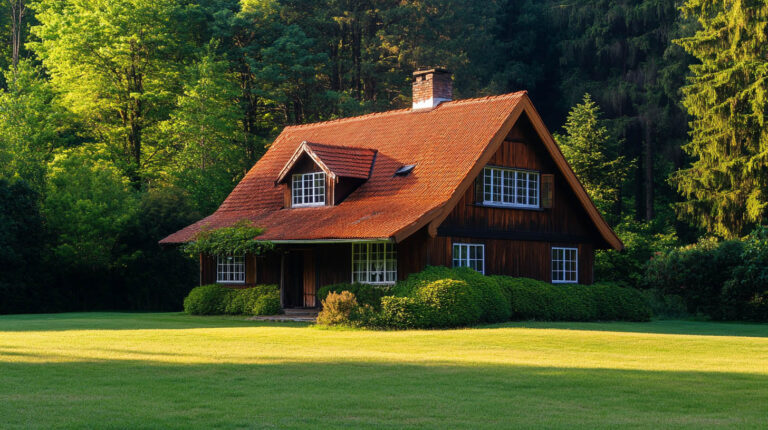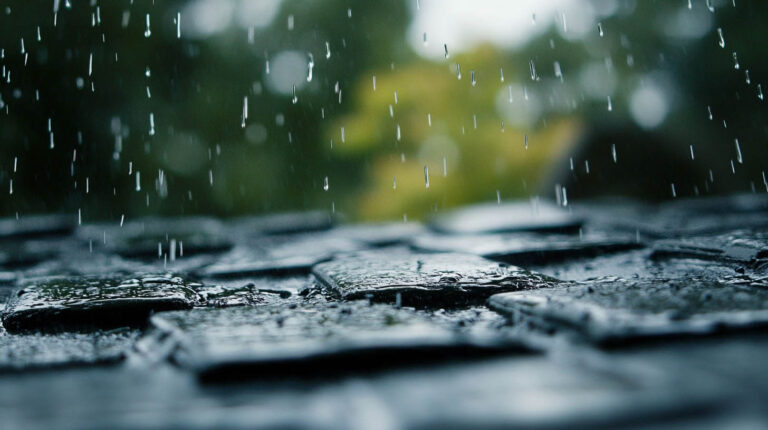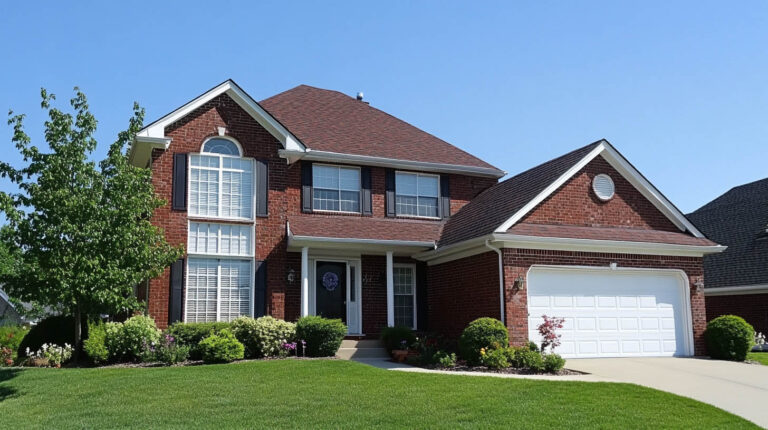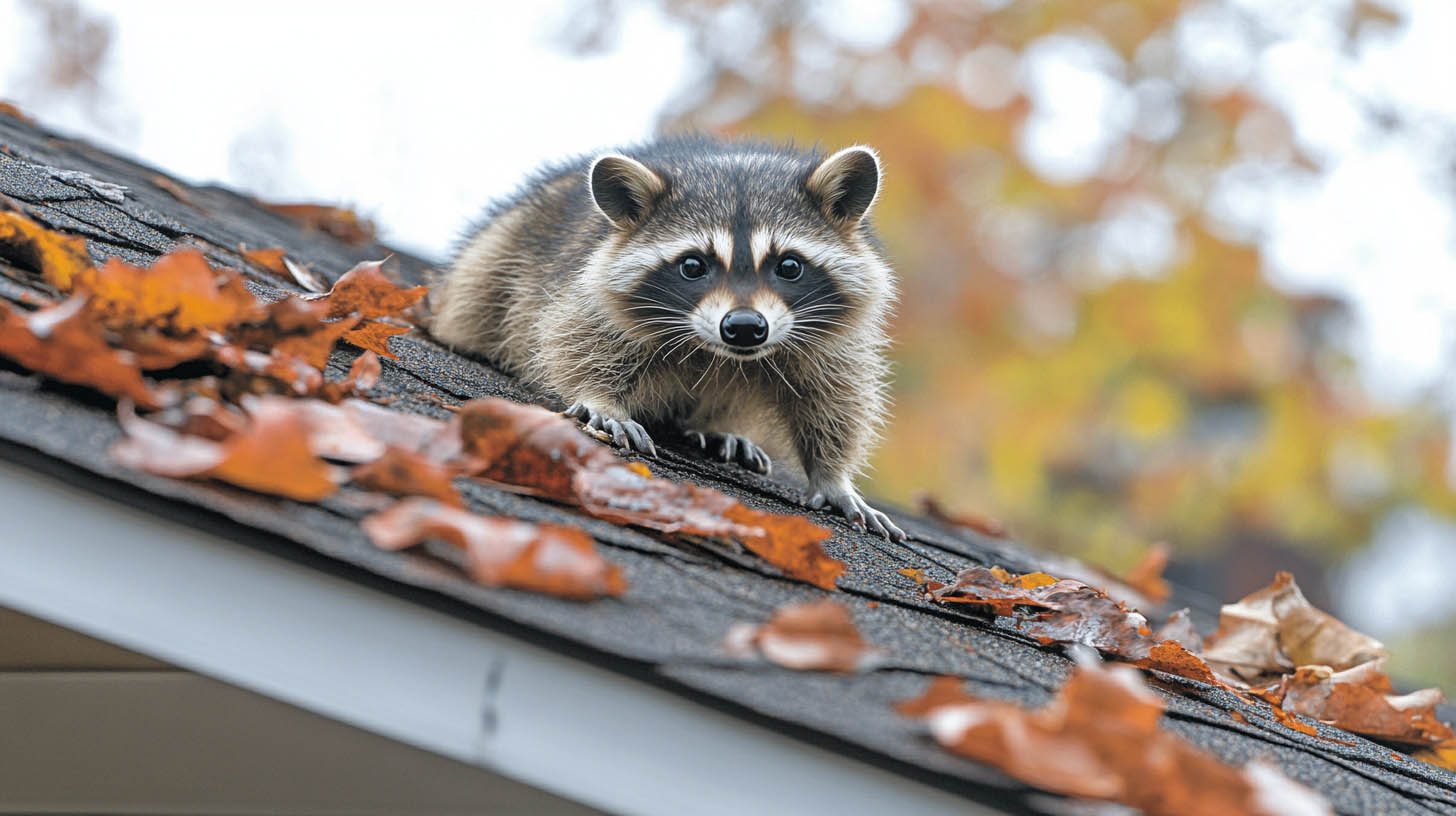
Blog
How to Spot and Handle Raccoon Damage on Your Roof
Raccoons can cause significant damage to your roof as they attempt to enter your attic. At Avenue Roofing, Jacksonville, FL, we specialize in roof inspections and repairs, helping you protect your home from unwanted pests like raccoons. This guide will help you identify signs of raccoon damage and provide tips on how to prevent it.
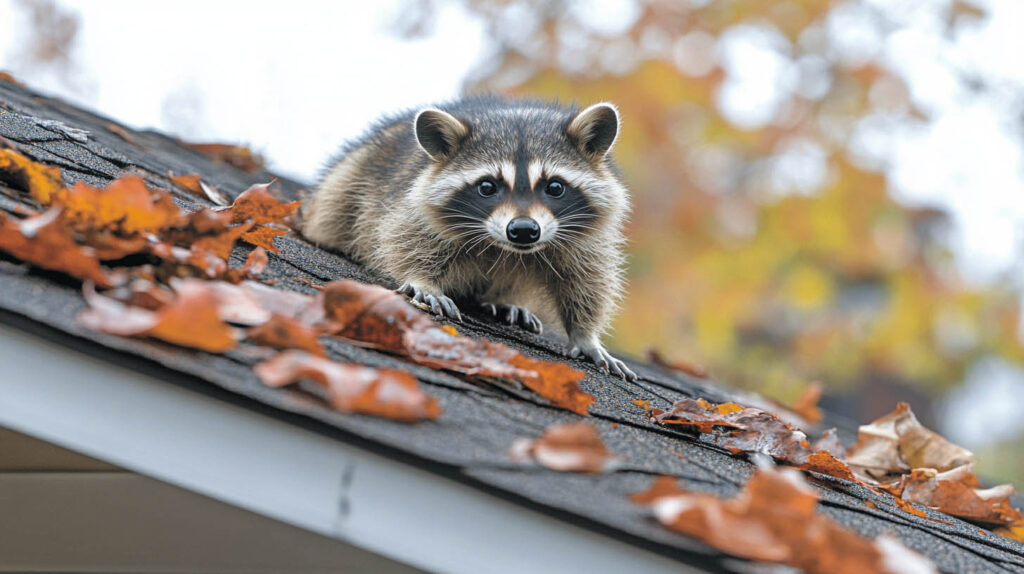
Can Raccoons Damage Your Roof?
Raccoons are nocturnal creatures that can chew through shingles, vents, soffits, and fascia to access your attic. Their destructive behavior can go unnoticed at night, leaving homeowners to discover the damage in the morning. Raccoon infestations can lead to costly repairs if not addressed promptly.
Fact: Raccoons can tear through roofing shingles and insulation to gain access to your attic, potentially causing water damage and roof leaks.
Signs of Raccoon Damage
1. Missing or Damaged Shingles
Raccoons often tear shingles while trying to enter the attic. If shingles are damaged or suddenly missing, and the weather has been calm, raccoons may be the cause.
2. Holes in Roofing
Raccoons can widen small holes or create new ones to enter your attic. If you notice gaps in the roofing or unusual openings, check your attic for further signs of raccoon activity.
3. Raccoon Droppings in the Attic
Raccoon droppings are tubular in shape and can carry parasites like roundworm. If you suspect raccoon activity in your attic, look for droppings and a strong smell of urine, both indicators of an infestation.
4. Raccoon Nests
Raccoons often build nests in attics, using insulation and other materials. If you spot a nest, it’s a clear sign that raccoons have gained access to your home.
5. Damaged Soffits, Fascia, or Vents
Raccoons may break through soffits, fascia, or roof vents to get into your attic. Inspect these areas for damage if you suspect raccoons are on your property.
6. Missing Insulation
Raccoons often chew through insulation to make room for their nests. If you find insulation scattered or missing, raccoons may be the culprit.
7. Nighttime Damage
Raccoons are most active at night. If your roof looks fine before bed but is damaged in the morning, it could be due to raccoon activity.
Pro Tip: Raccoon babies are typically born in early spring, so be extra vigilant during this season. If you hear high-pitched squealing in the attic, it could be raccoon babies calling for their mother.
How to Protect Your Roof from Raccoon Damage
1. Install Pest-Resistant Shingles
If you’re planning a roof replacement, consider shingles that are resistant to pests like raccoons. These materials are harder for animals to chew through, offering better protection for your home.
2. Repair Roof Damage Promptly
Raccoons look for small openings in your roof. If you have existing damage, such as small holes or gaps, repair them immediately to prevent raccoons from entering your attic.
3. Secure Garbage and Food Sources
Raccoons are scavengers and are often attracted to garbage and pet food left outside. Secure your trash cans and avoid leaving food in your yard to reduce the chances of attracting raccoons.
4. Use Motion-Activated Lighting
Installing motion-activated floodlights can help deter raccoons and other pests from entering your yard and climbing onto your roof.
Conclusion
Raccoon damage to your roof can lead to costly repairs if left unchecked. At Avenue Roofing, we offer expert roof inspections and repairs to keep your home protected from raccoons and other pests. If you suspect raccoon activity, contact us today for a professional inspection and recommendations on how to safeguard your home.
FAQs
- Is raccoon damage covered by homeowners insurance?
Yes, most homeowners insurance policies cover damage caused by raccoons, including repairs to the roofing system and attic. - Can I remove raccoons myself?
It’s recommended to hire a professional for raccoon removal to avoid the risk of injury or exposure to parasites and diseases. - How do raccoons get into the attic?
Raccoons often chew through shingles, vents, or soffits to gain access to the attic. - How can I prevent raccoons from entering my home?
Repair any roof damage, secure trash cans, and use motion-activated lighting to deter raccoons from your property. - What should I do if I find raccoon droppings in my attic?
Contact a professional to remove the droppings and sanitize the area, as raccoon feces can carry harmful parasites.
To learn more about the 10 warning signs of improper roof installation, click here.
